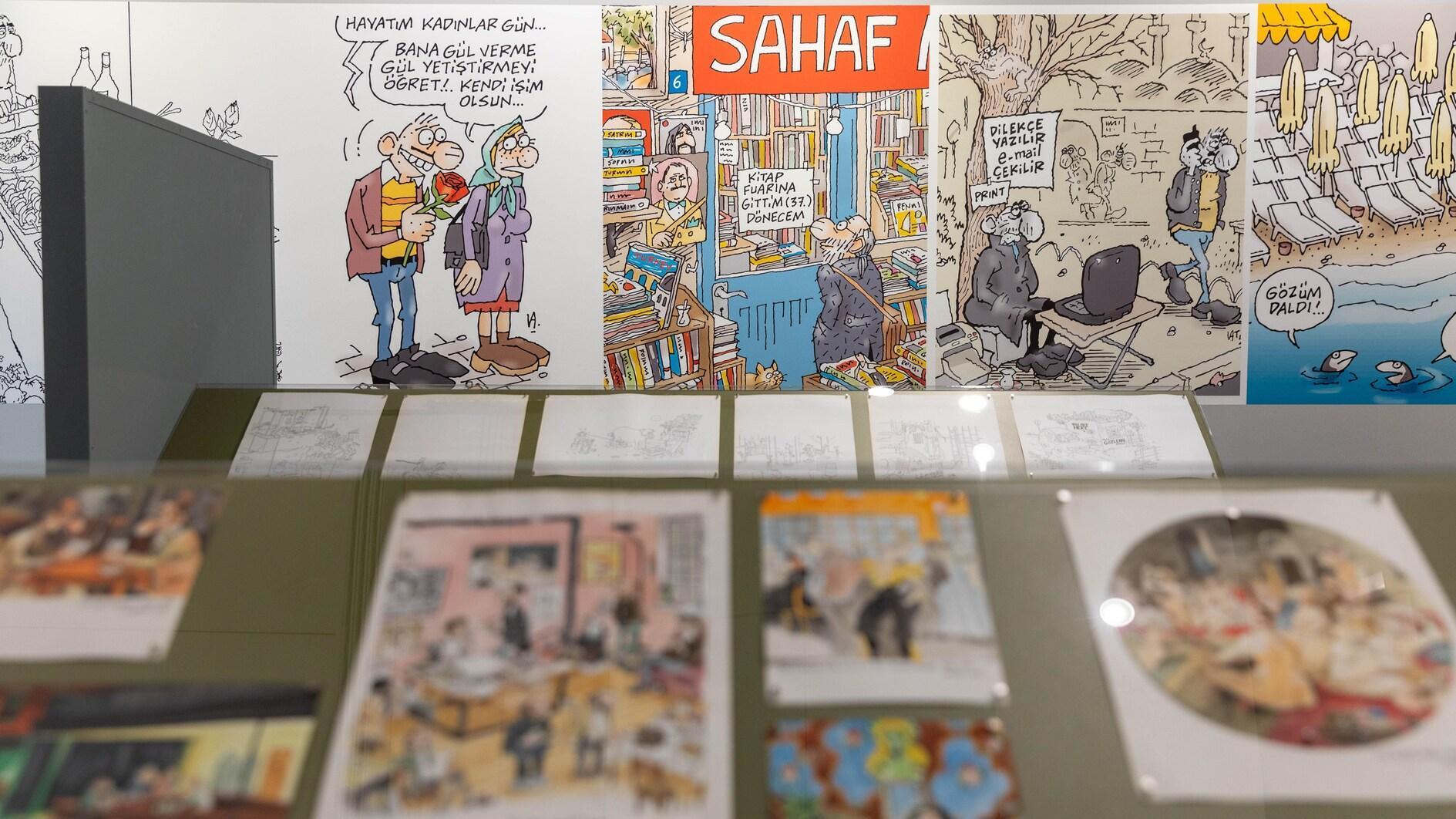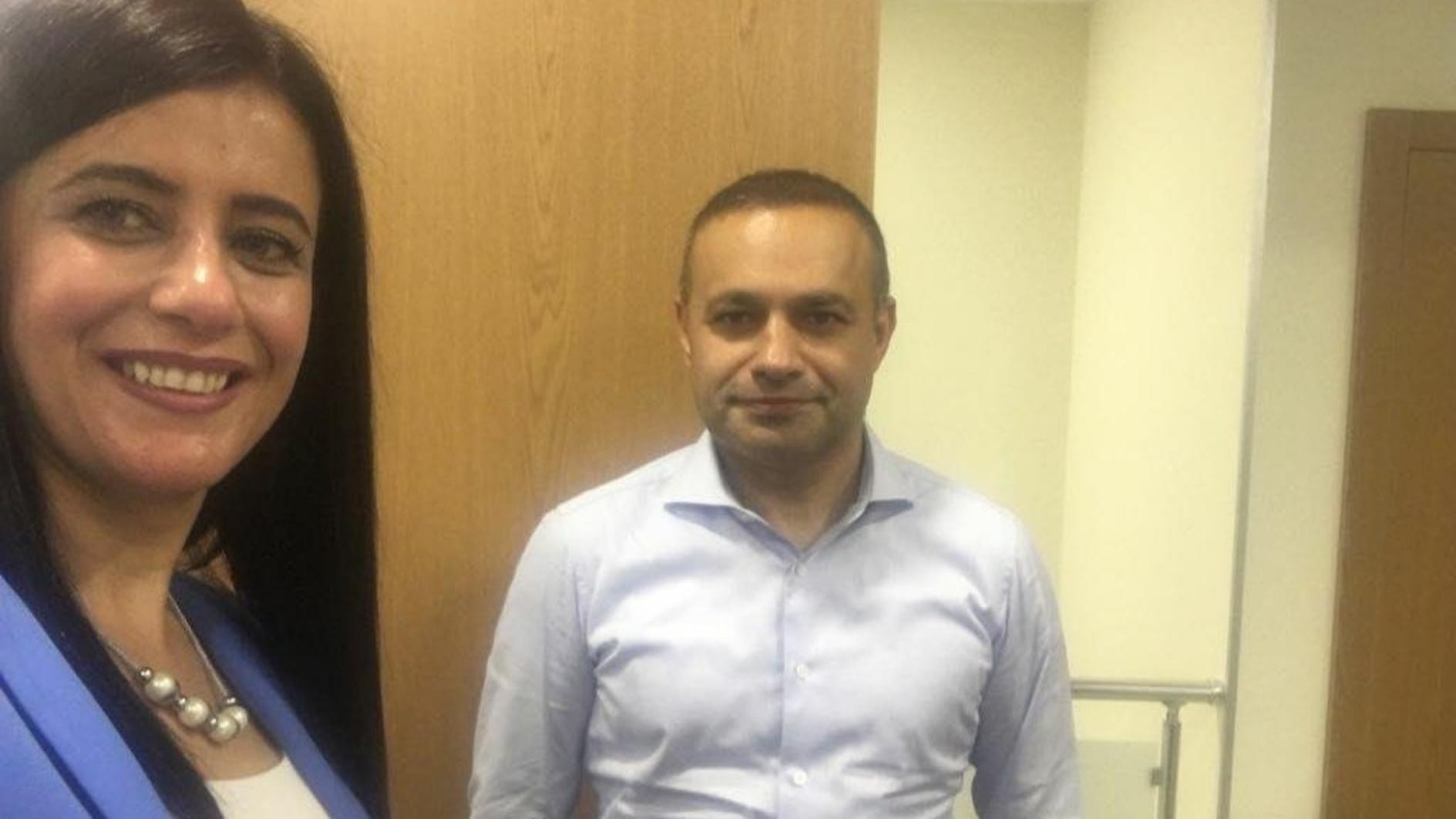Is it time for the United States to dump Saudi Arabia?
JOSH COHEN
After the recent execution of Shiite cleric Nimr al-Nimr by Saudi Arabia, the Middle East once again risks devolving into sectarian chaos. A mob torched the Saudi Embassy in Tehran, prompting Saudi Arabia and a number of its Sunni allies to break diplomatic relations with Iran.In response to the unfolding chaos, the Wall Street Journal responded by asking “Who Lost the Saudis?” - fretting that the lack of support from the United States could lead to the overthrow of the Saudi regime. But it’s the wrong question. Rather than wondering if Washington’s support for Riyadh is sufficient, American policymakers should instead ask themselves the following question: Is it time for the United States to dump Saudi Arabia?
The moral case for the U.S. to question its close relationship with Saudi Arabia is clear. Saudi Arabia is governed by the House of Saud, an authoritarian monarchy that does not tolerate dissent.
Given the two countries’ divergent values, the U.S.-Saudi alliance relies almost entirely on overlapping economic and national security interests. The U.S. long relied on Saudi Arabia as an oil supplier, a steadfast beacon of opposition to communism and a huge buyer of American arms. Despite these long-standing ties, Saudi Arabia now harms American national interests as much as it helps them.
First, the Saudis and the U.S. diverge over American policy toward Iran. Saudi Arabia sees itself locked in a sectarian and geopolitical struggle with Iran for Middle East supremacy. Riyadh is concerned the deal that lifted sanctions against Iran in exchange for Tehran dismantling its nuclear infrastructure will empower Iran to pursue a more aggressive foreign policy in the region.
President Barack Obama, by contrast, describes the nuclear agreement with Iran as “a very good deal” that “achieves one of our most critical security objectives.”
Second, Saudi Arabia executed al-Nimr despite concerns expressed by the U.S. that doing so could damage hopes for peace in Syria. Ending the Syrian war remains a priority for the United States, since Washington hopes a Syrian settlement will lead all parties to unite against the Islamic State of Iraq and the Levant (ISIL).
Saudi Arabia and Iran support opposing sides in Syria’s civil war, and the prospects for peace depend significantly on cooperation from both countries.
Third, thanks to the shale oil boom in the United States, American dependence on Saudi oil has dropped dramatically. The Saudis understand the consequences of the United States’ reduced reliance on imported oil. To retain market share, the Saudis launched an assault on American shale oil producers, hoping to drive them out of business by flooding the market with Saudi oil. Finally the U.S. must accept the fact that Saudi Arabia is a major contributor to worldwide Islamic extremism. Washington policymakers clearly understand this. In a highly unusual public rebuke in December 2015, Germany’s vice-chancellor Sigmar Gabriel accused the Saudis of funding extremism in the West. “Wahhabi mosques all over the world are financed by Saudi Arabia. Many Islamists who are a threat to public safety come from these communities in Germany. We have to make clear to the Saudis that the time of looking away is over,” Gabriel said.
Saudi Arabia denies funding extremism, and in 2014 called claims it supported ISIL “false allegations” and a “malicious falsehood.”
Even so, Gabriel is right - and it’s high time Washington policymakers take a good look at the long-term future of the American-Saudi relationship.
*This abridged article was taken from Reuters.











